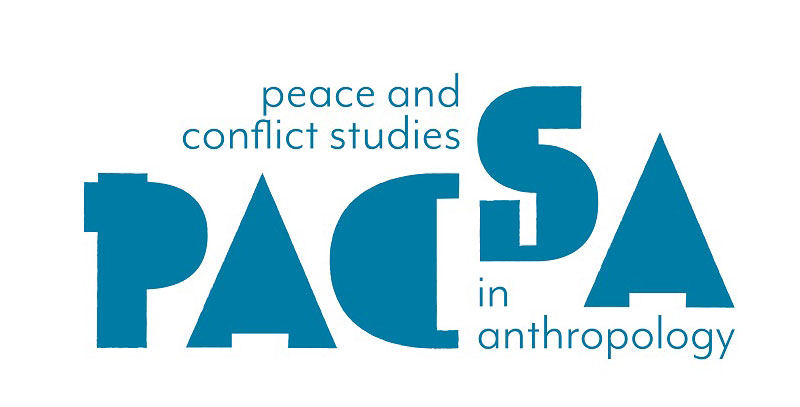
PACSA Publications
PACSA founder Ronald Stade has initiated a spin-off from PACSA in the form of the journal: Conflict and Society: Advances in Research, published by Berghahn since 2015. PACSA convener Erella Grassiani is its editor-in-chief and we hope to be able to use it as an outlet for future PACSA related publications.
Launching new anthro-blog on Peace and Conflict
We are glad to announce a new partnership between Peace and Conflict Studies in Anthropology (PACSA) and the
anthropology-driven online magazine " Transformations - A New Voice on Culture, Politics, and Change."
URL: transformations-blog.com
Peter Loïzos. 2008. Iron in the soul. Displacement, livelihood and health in Cyprus. London and New York: Berghahn Books. (224 pages) ISBN 978-1-84545-484-5
In his vivid, lively account of how Greek Cypriot villagers coped with a thirty-year displacement, Peter Loïzos follows a group of people whom he encountered as prosperous farmers in 1968, yet found as disoriented refugees when revisiting in 1975. By providing a forty year in-depth perspective unusual in the social sciences, this study yields unconventional insights into the deeper meanings of displacement. It focuses on reconstruction of livelihoods, conservation of family, community, social capital, health (both physical and mental), religious and political perceptions. The author argues for a closer collaboration between anthropology and the life sciences, particularly medicine and social epidemiology, but suggests that qualitative life-history data have an important role to play in the understanding of how peo
Atreyee Sen. 2007. Shiv Sena Women
Violence and Communalism in a Bombay Slum. Indiana University Press. (256 pages) ISBN:
978-1-85065-870-2
This book turns feminist scholarship on its head by documenting how women may become primary retainers and perpetrators of a violent nationalist discourse, acquiring social and economic status either by default or as reward. It tells the story of the ‘Mahila Aghadi’ (the women’s wing of the Shiv Sena, a radical Hindu nationalist party in western India) and their children, based on intensive fieldwork in the low-income, working class slums of Bombay. Sen charts the Aghadi’s transformation from a submissive support group within a manifestly male movement into a militant and partially autonomous women’s task force, instrumental in creating and sustaining communal violence especially in and after the 1992 Hindu-Muslim riots in Bombay.
Are Knudsen. 2009 Violence and Belonging: Land, love and lethal conflict in the North-West Frontier Province of PakistanCopenhagen: NIAS . Nordic Institute of Asian Studies (Monograph series no. No. 115) 224 p.
This important study by research director Are Knudsen, examines the meanings of lethal conflict in a little studied tribal society in Pakistan's unruly North-West Frontier Province (NWFP) and offers a new perspective on its causes. Based on an in-depth study of local conflicts, the book challenges stereotyped images of a region and people miscast as extremist and militant. Being grounded in local ethnography enables the book to shed light on the complexities of violence, not only at the structural or systemic level, but also as experienced by the men involved in lethal conflict. In this way, the book provides a subjective and experiential approach to violence that is applicable beyond the field locality and relevant for advancing the study of violence in the Middle East and South Asia. The book is the first ethnographic study of this region since renowned anthropologist Fredrik Barth's pioneering study in 1954.
"We should make the best possible use of this analysis: for its daring perspectives, extreme empirical findings, and wide relevance. It deserves a very careful reading for its contributions to so many aspects of our understanding of honour, politics and human society."
Fredrik Barth, Professor emeritus, Boston University and University of Oslo
"The material itself is extremely interesting, dealing as it does with an exotic locale, and with an intractable problem of endemic violence. ... Dr. Knudsen draws this conflictual situation very well, and adds a great deal to the present-day study of violence, putting what is often seen as primordial in the context of modern conditions."
Professor Charles Lindholm, Boston University






